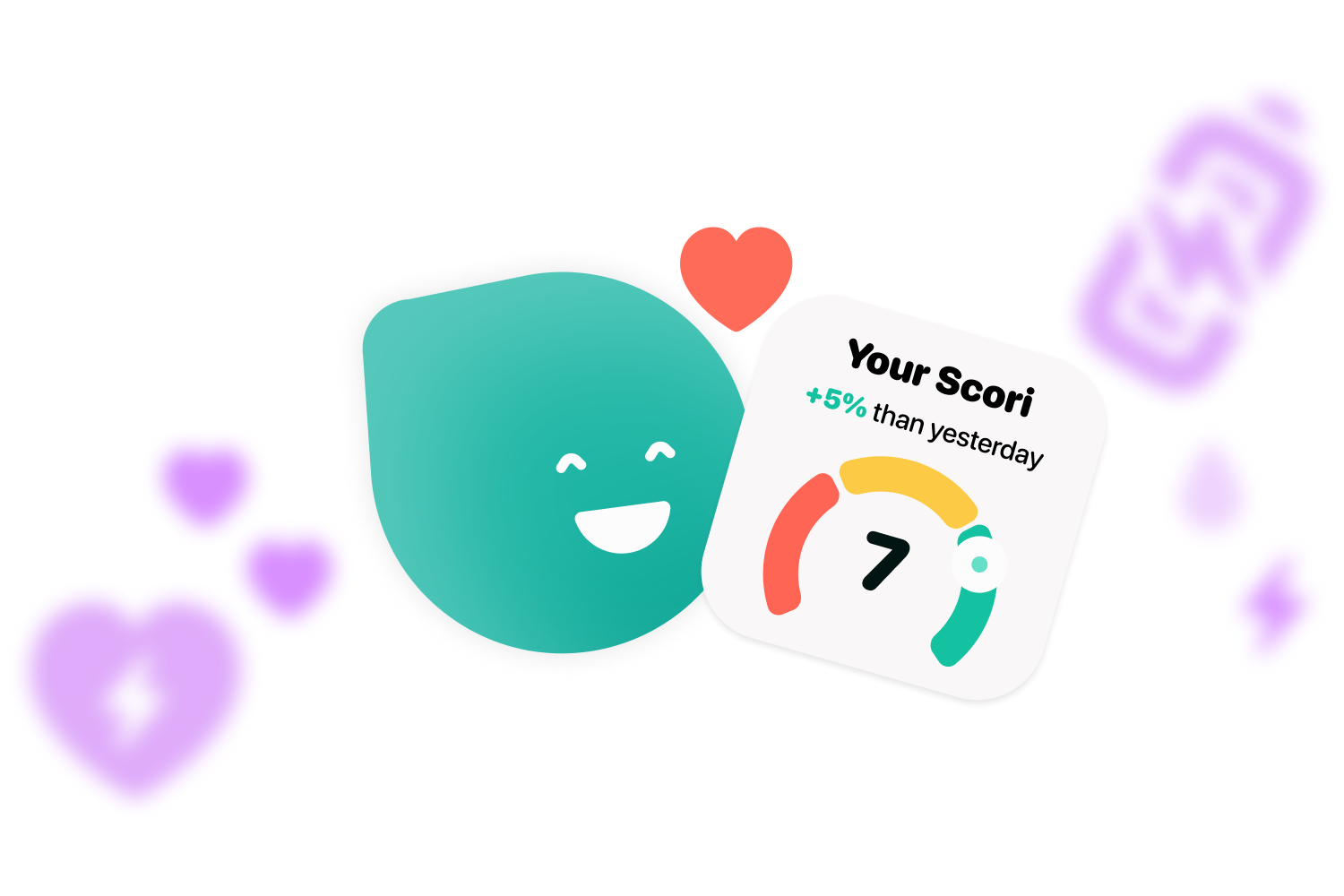Are you pregnant and worried about diabetes? Here are some tips for you to control your pregnancy and gestational diabetes.
Pregnancy can be a time full of joy and excitement, but that doesn’t mean that some complications can arise. Diabetes is one of them. You may suffer from it before or it may appear during pregnancy. In this post we will talk about pregnancy and gestational diabetes and we will propose some tricks to keep it at bay.
Talk to your doctor

It is very important that you have your diabetes very well controlled, so don’t delay in talking to your doctor. Otherwise, you and your baby could suffer complications. If you’ve type 1 or type 2 diabetes, you may need a change of treatment. Another possibility is that your diabetes arises with your pregnancy, gestational diabetes.
Gestational diabetes
Gestational diabetes, as the name implies, appears for the first time in pregnancy, in patients with no history of the disease before. It usually appears in mid-pregnancy and usually disappears after delivery. It is possible that gestational diabetes only appears in one of the pregnancies, in case of having more than one pregnancy, for example only with the second one. Or in all pregnancies, depending on the person.
Blood glucose levels, which outside pregnancy are considered normal, are considered too high and therefore inadvisable. It is very important to keep them at lower levels so that complications do not arise, such as an overly large baby, hypoglycemia, high blood pressure and even a cesarean delivery.
Why does gestational diabetes occur?

Gestational diabetes occurs when the body cannot produce enough insulin during pregnancy. The pancreas produces a hormone called insulin. This hormone acts as a key that allows blood sugar to enter the body’s cells so they can use it for energy.
During pregnancy the body is in a constant hormonal revolution and with rapid weight gain. Causing the body’s cells to use insulin less efficiently. This problem is called insulin resistance. And it causes your body to need more insulin.
All women usually develop some insulin resistance by the end of pregnancy. However, there are some that already start from a predisposition to it and have a greater need for insulin that usually leads to gestational diabetes.
Symptoms and detection
In general, gestational diabetes usually has no symptoms. If there are symptoms, it is usually increased thirst and the need to urinate more frequently. Since there are no clear symptoms, it’s usually detected after several tests between the 24th and 28th week of pregnancy. These tests may include blood tests, the oral glucose overload test or the oral glucose tolerance test.
You must be totally calm during these exams. They are completely harmless to you and your baby and can save many long-term complications.
Practical tips for managing your diabetes in pregnancy

These tips can be applied for patients with type 1 or 2 diabetes and also for gestational diabetes:
- Plan your pregnancy: It may seem repetitive, but you should check with your doctor. You may need to take medication or change the dosage of your medications. And those kinds of decisions can only be made with her.
- Exercise: Exercise is one of the best ways to control blood sugar, so don’t be discouraged because it costs you a little more with pregnancy and do some moderate-intensity physical activity, such as walking or swimming. You will see how well it suits you and how much it improves your quality of life.
- Eat healthy: As for food, pregnancy has many contraindications, such as no alcohol, raw meat or fish. In the event that you suffer from diabetes, you have to be even more careful. But don’t worry, from time to time you can indulge yourself. And the variety of foods you can have is still very wide and varied. The most important thing is that it be as balanced as possible.
- Measure your glucose regularly: measure your glucose regularly, before and after eating, so that it doesn’t get out of control, otherwise, there may be several complications as we have already mentioned above. You can do it with Cori with your cell phone in an easy and simple way.
- Insulin: In case you suffer from type 1 and 2 diabetes, you’ll already know how and when to inject your insulin doses. With gestational diabetes, it’s a different story. It’s possible to control your blood sugar with exercise and nutrition, but if this is not the case, you may have to inject insulin as well.

Become a diabadass!
Join our weekly newsletter and learn
all the tips and tricks.
People with diabetes are especially vulnerable to the dangers of colds and the flu, but there are things you can do to control your symptoms and avoid getting sick in the first place. You may maintain your health even when you’re feeling under the weather by constantly monitoring your blood sugar levels, staying hydrated, getting enough of rest, and adhering to your diabetes management plan. Additionally, you may lower your risk of getting sick and safeguard yourself from any problems by maintaining proper cleanliness, being vaccinated, and generally maintaining good health. Make sure to discuss any worries you may have with your healthcare team for advice and support if you have diabetes and are worried about managing colds and the flu.
And after childbirth?
After giving birth, you will need to be tested again for diabetes between 6 and 12 weeks after giving birth. At that time your doctor will be able to assess your current situation with glucose and in the event that diabetes has only arisen during pregnancy, it is most likely that it has already disappeared.
In any case, it is advisable to have a diabetes test every 3 years to ensure that the disease does not recur, since half of the women with gestational diabetes will develop type 2 diabetes in the future.
In the event that it has not disappeared and you did not previously have diabetes, it is considered type 2 diabetes, for which it is very important to continue controlling glucose, diet and exercise.
If you want to know more about how to take care of your gestational If you liked this post about gestational diabetes, you want to know more about diabetes and join our community, don’t forget to follow us on Instagram, Twitter, Facebook or LinkedIn.




